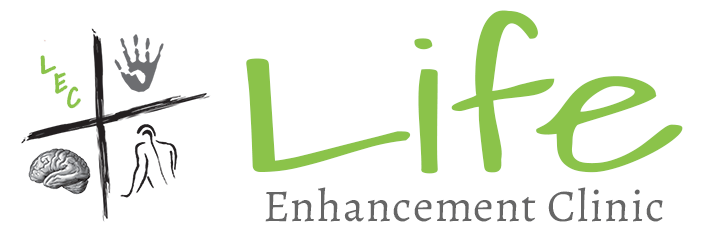One strong risk factor for developing cancer in your life is poor intake of phytonutrients from fruits and vegetables. Some of the information presented by the National Cancer Institute is rather disturbing.
Recommendations are 4-13 servings of fruits/vegetables each day (2-5 of fruit; 2-8 of vegetables). The amount depends on age and energy expenditures. However, unfortunately, most don’t come anywhere close to these recommendations. In 2004, which is the most recent data available, it was estimated that the average American consumed 1 cup of fruit and 1.6 cups of vegetables for a total of 2.6 cups of fruits/vegetables each day. Here’s the breakdown further:
- Dark green/orange vegetables: 0.14 cups
- Starchy: 0.45 cups (largely comprising fried potatoes)
- Tomatoes and other vegetables: 0.88 cups
“When the majority of intake with children is potatoes and tomatoes in the form of ketchup and french fries, something is majorly wrong. There is no evidence that the popular white potato confers any cancer risk reduction. People whose diets are rich in plant foods such as fruits and vegetables have a lower risk of getting cancers of the mouth, pharynx, larynx, esophagus, stomach, lung, and there is some suggested evidence for a lower risk of cancers of the colon, pancreas, and prostate. They are also less likely to get diabetes, heart disease, and hypertension. A diet high in fruits and vegetables helps to reduce calorie intake and may help to control weight.” (National Cancer Institute)
You should strive to eat every color, every day. The deep color of blueberries, red peppers, broccoli, etc come from health-promoting phytonutrients. These phytonutrients also serve to help buffer our body and achieve proper acid-alkaline imbalance. So what are some tips to get increased levels of phytonutrient support from fruits and vegetables?
- Buy organic, or locally grown vegetables and prep by washing and storing in glass containers. Take snacks to eat at work or while on the road commuting. With a little instruction, and leading by example, children can be encouraged to reach for healthy anti-cancer snacks in the fridge.
- Consider buying a fruit/vegetable juicer that keeps the pulp and juice daily.
- Use a “greens” drink that contains plenty of phytonutrient support. Many times these are more convenient, and much more affordable, than juicing. My personal favorites are Dynamic Greens and Phytoganix. We have used Dynamic Greens for years in our home and my kids have grown up loving their daily drink. This video is now almost four years old, but it’s still worth checking out. 🙂
- Start with a “vegetable of the week” in your home. For some, starting to eat vegetables will be an acquired taste. The younger you start, the easier it is. Both of my boys love eating raw kohlrabi, radishes, broccoli, asparagus and peas. They love making their smoothies with berries and fresh fruit.
- Start a vegetable garden with your family. Children love to work in the garden, pulling the weeds and seeing the “fruits” of their labor. It’s a great way to exercise together as family and learn how to eat in a more healthy way.
So put down the French fries and ketchup and starting using more color in your diet. Look at your plate at each meal. If it is colorful, vibrant looking and looks alive, it is most likely healthy and will give life. If it is pale, processed and anemic looking then you should think again before consuming it.
Eating right is a vital component of the Magnificent Seven. Everything that passes our lips will serve either to protect us or harm us. Phytonutrients offer such a unique advantage of helping us combat and prevent a myriad of lifestyle diseases. Now go enjoy yourself some Brussels sprouts!


